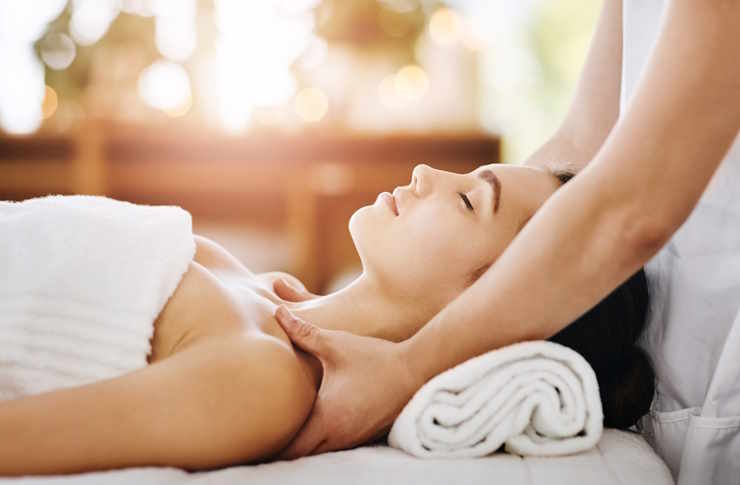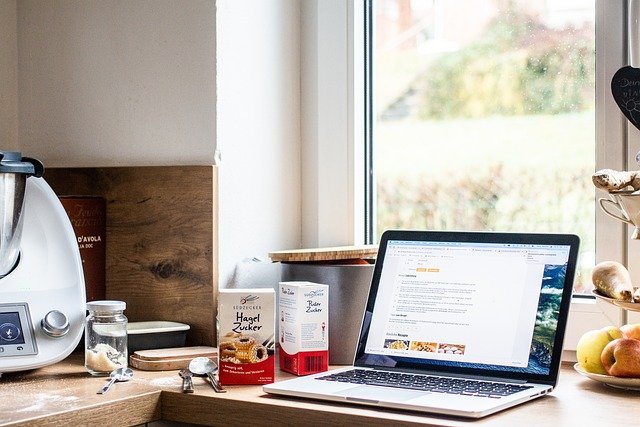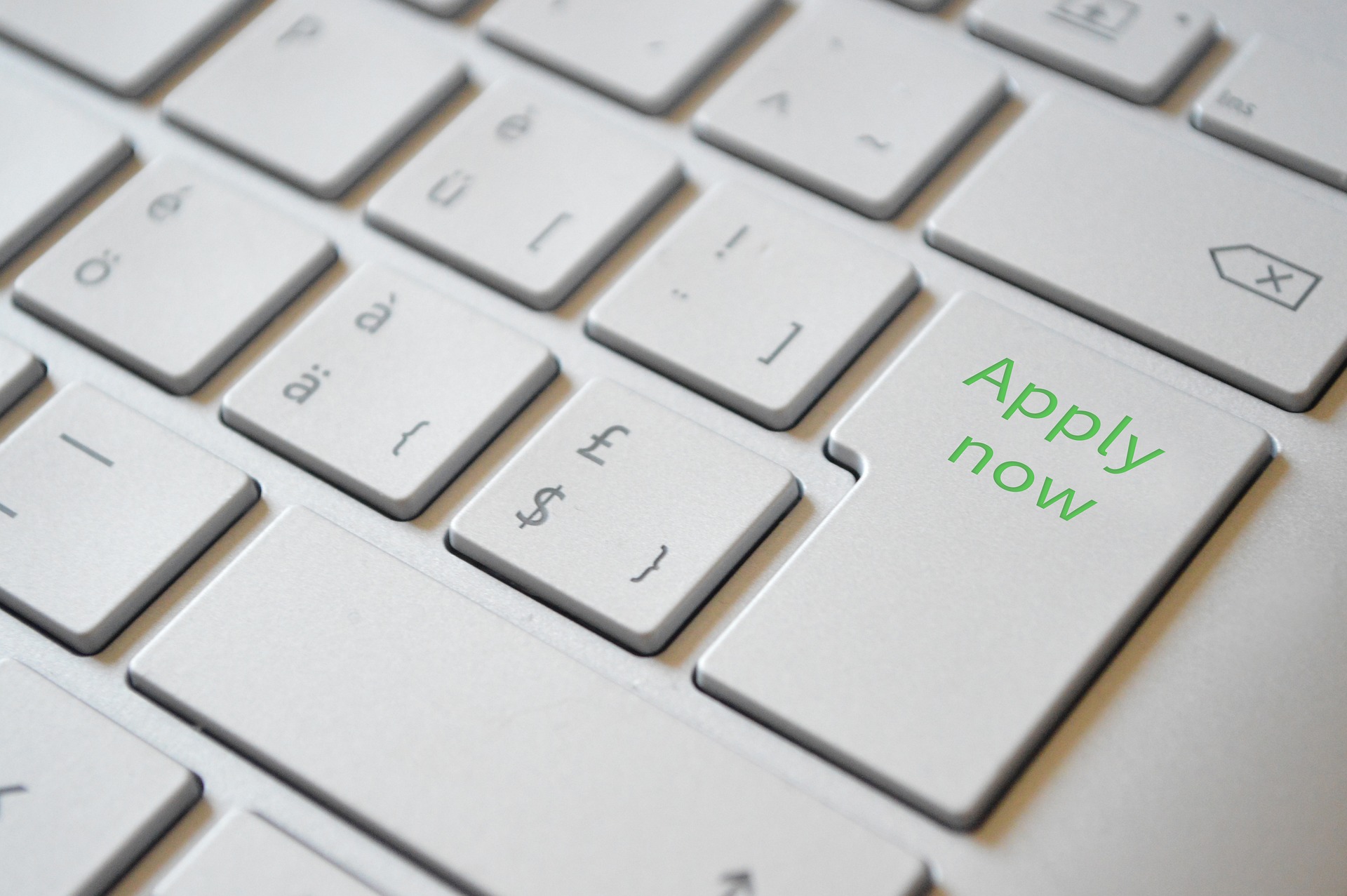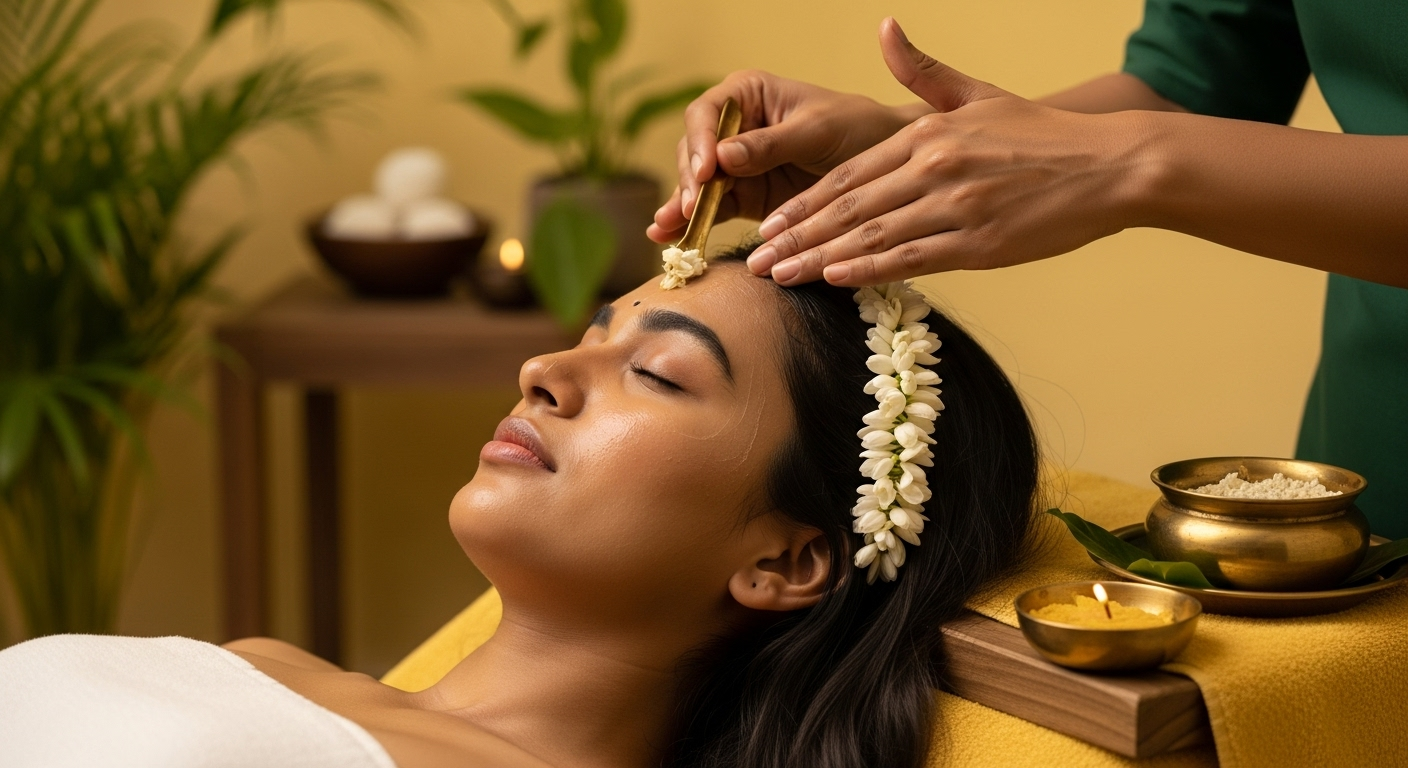Understanding the Connection Between Anxiety and Modern Lifestyle
In today's fast-paced world, it's not uncommon for individuals to feel a constant sense of urgency and pressure. This heightened state of stress and worry is often identified as anxiety. The World Health Organization reports that anxiety disorders are the most common mental disorders worldwide with an estimated 264 million people affected. It's crucial to understand the interplay between our lifestyle choices and anxiety.

The complexity of modern living, with its relentless pace, digital overload, and societal pressures, has led to a rise in anxiety disorders. Understanding this connection can offer valuable insights into managing and reducing anxiety symptoms. This article will delve into the link between anxiety disorders and modern lifestyle, exploring historical context, current relevance, trends, and unique insights.
Historical Context: Anxiety Through the Ages
Historically, anxiety has always been a part of human existence, albeit in different forms. Early humans experienced anxiety as a survival mechanism, a response to danger in their environment. This “fight or flight” response was vital for our ancestors’ survival. In those times, anxiety was a direct response to immediate physical threats.
However, the nature of stressors has dramatically changed over time. Today, the sources of anxiety are more likely to be psychological than physical, but our bodies still react in the same way. The constant state of alertness – whether due to work pressures, financial stress, or social media comparisons – can lead to chronic anxiety disorders.
The Role of Technology in Anxiety Disorders
The advent of technology has drastically changed our lifestyle. We are more connected than ever, but paradoxically, we also feel more isolated. This digital paradox has a significant impact on our mental health, especially anxiety levels.
Anxiety can be exacerbated by constant exposure to social media, where people often compare their lives with others. The pressure to maintain a perfect online persona, coupled with the fear of missing out (FOMO), can result in persistent anxiety. Furthermore, the constant bombardment of news and information, often negative, can also elevate stress levels.
Work Culture and Anxiety: The Unhealthy Connection
Modern work culture, characterized by long hours, high demands, and job insecurity, is another significant contributor to anxiety disorders. The pressure to constantly perform and achieve can lead to a persistent state of worry and fear.
A study published in the Journal of Occupational and Environmental Medicine found that job stress is a significant predictor of anxiety disorders. The study also revealed that those with high job strain are more likely to develop Generalized Anxiety Disorder (GAD) than those with low job strain.
Striking a Balance: Lifestyle Changes to Reduce Anxiety
While we can’t completely eliminate stress from our lives, we can certainly manage it better. Lifestyle modifications can significantly reduce anxiety symptoms and improve overall wellbeing.
Regular physical activity is one of the most effective ways to manage anxiety. Exercise releases endorphins, the body’s natural mood elevators, and can also serve as a healthy distraction. Maintaining a balanced diet, rich in fruits, vegetables, lean proteins, and whole grains, can also help regulate mood and energy levels.
Mindfulness and meditation have also proven effective in managing anxiety. These practices help us stay present and avoid getting caught up in negative thought patterns. Unplugging from technology, even for short periods, can also reduce stress and anxiety.
Concluding Thoughts: Navigating Anxiety in Modern Times
The connection between modern lifestyle and anxiety is undeniable. As we navigate this fast-paced world, understanding this link can help us make informed decisions about our lifestyle choices to manage and reduce anxiety.
While societal and technological changes pose new challenges, they also offer opportunities for fresh solutions. By understanding and addressing the root causes of our anxiety, we can adopt healthier lifestyles, promote wellbeing, and thrive in the modern world.




